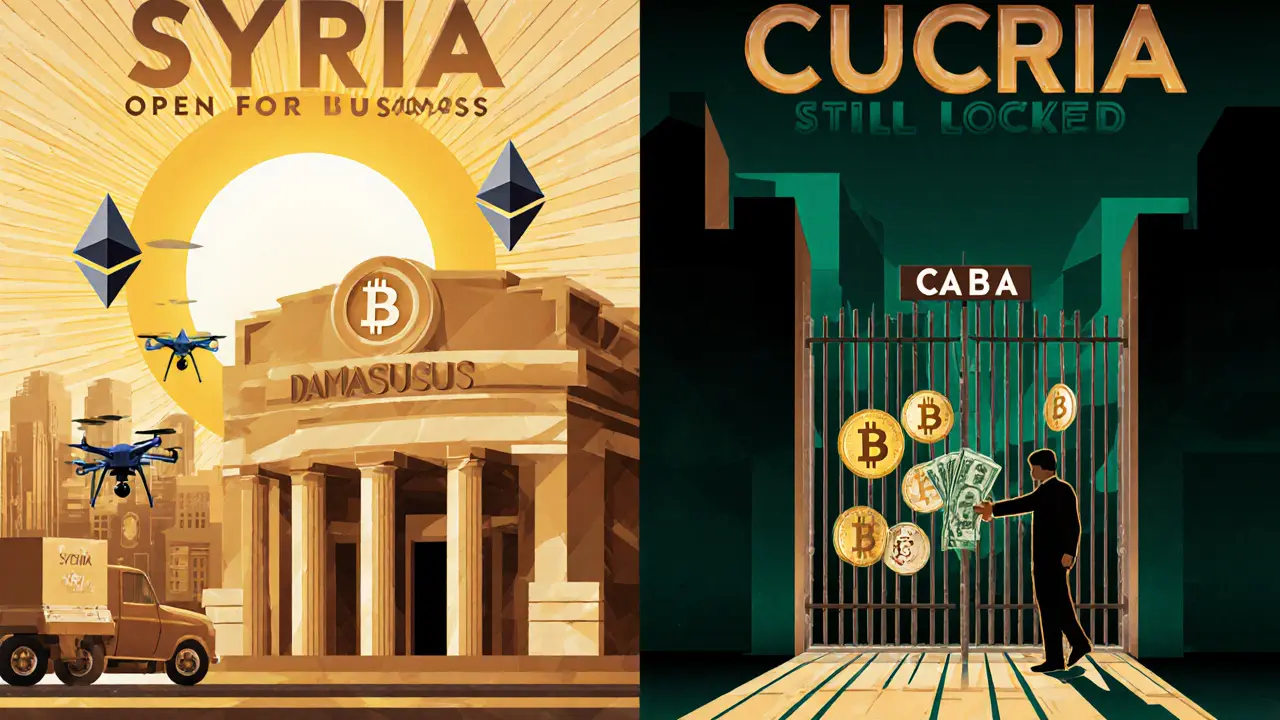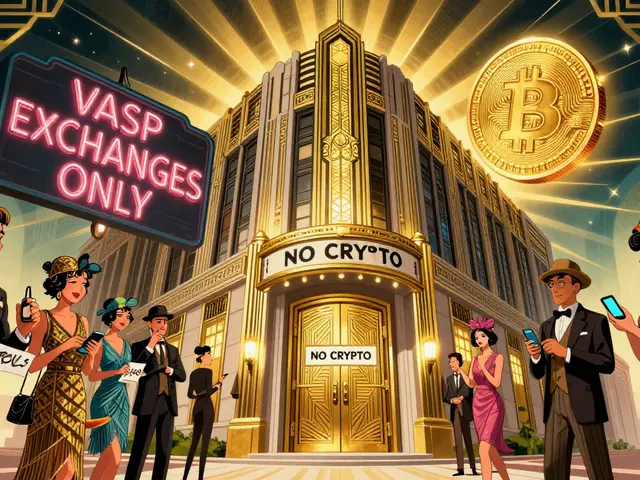Cryptocurrency Regulations: What’s Legal, What’s Not, and Who’s Enforcing It
When we talk about cryptocurrency regulations, government rules that control how digital assets are issued, traded, and taxed. Also known as crypto laws, they’re no longer optional guidelines—they’re binding enforcement actions that can freeze accounts, shut down exchanges, or land you with a $5 billion fine. This isn’t theory. In 2024, the SEC, the U.S. Securities and Exchange Commission that treats many crypto tokens as unregistered securities handed out over $5 billion in penalties, mostly from one case against a major exchange. That’s not a typo. It’s a signal: if you’re trading or launching tokens without permission, you’re playing with fire.
Crypto exchange licenses, official permits required for platforms to operate legally in a country are now the gatekeepers of access. Singapore tightened its rules in mid-2025: every exchange serving users from there—even if it’s based overseas—needs a license. Nigeria lifted its ban but now enforces strict oversight under ISA 2025. Turkey lets you trade but blocks crypto payments and can freeze your wallet without warning. These aren’t just policies—they’re real barriers that determine whether you can buy, sell, or even hold crypto in your region.
And it’s not just about who can operate—it’s about what happens when things go wrong. Government crypto seizures, when authorities take control of crypto stolen in hacks or used in crimes are rising fast. The U.S., Ukraine, and South Korea have all held onto seized Bitcoin and Ethereum instead of selling it, turning crypto into a new kind of state asset. Meanwhile, North Korean hackers stole $1.5 billion from Bybit in 2025, and governments are now scrambling to track, trace, and recover those funds. That’s why your wallet’s security isn’t just your problem—it’s a regulatory priority.
Some of the coins you see listed below—like POOH, DOLZ, or RYU—are built on networks with zero oversight. They’re not illegal by default, but regulators don’t care if they’re ‘meme coins’ or ‘gaming tokens.’ If they’re sold like investments, they’re treated like securities. If they’re used to launder money, they’re seized. If they’re traded on unlicensed platforms, those platforms get shut down. The line between freedom and fraud is thin, and regulators are drawing it every day.
What you’ll find here isn’t a list of rules you can memorize. It’s a collection of real cases: the hacks, the fines, the banned exchanges, the airdrops that never happened, and the scams that vanished with users’ money. These stories show how crypto regulations actually work—not in legal textbooks, but in the wild, messy reality of who’s getting punished, who’s getting away with it, and what you need to know before you trade.
Privacy Coin Regulations and Delisting: What You Need to Know in 2025
Privacy coins like Monero and Zcash are being delisted from major exchanges due to global regulatory crackdowns. Learn why they're targeted, where you can still trade them, and what this means for your financial privacy in 2025.
International Sanctions and Crypto Restrictions in Syria and Cuba in 2025
In 2025, the U.S. lifted most sanctions on Syria but tightened them on Cuba. Crypto use in Syria is now more accessible but still legally unclear, while Cuba remains isolated with no formal crypto infrastructure. Compliance remains critical.






